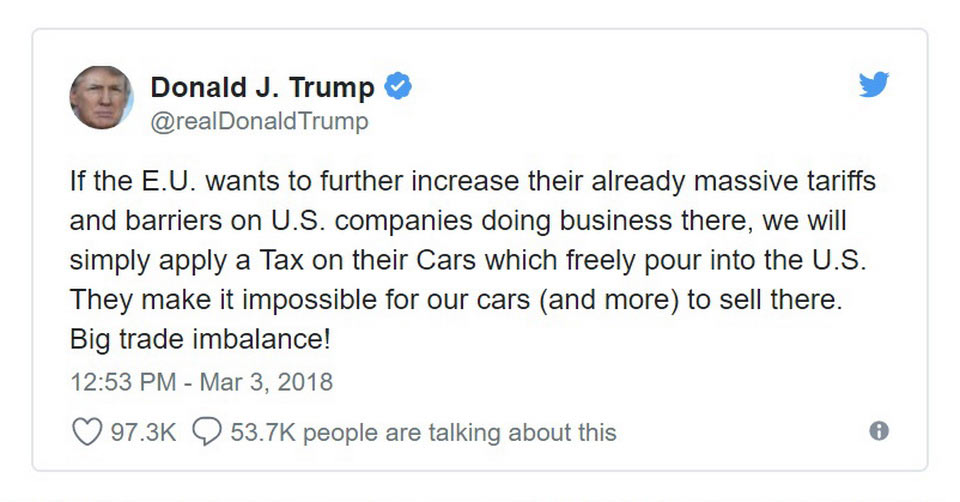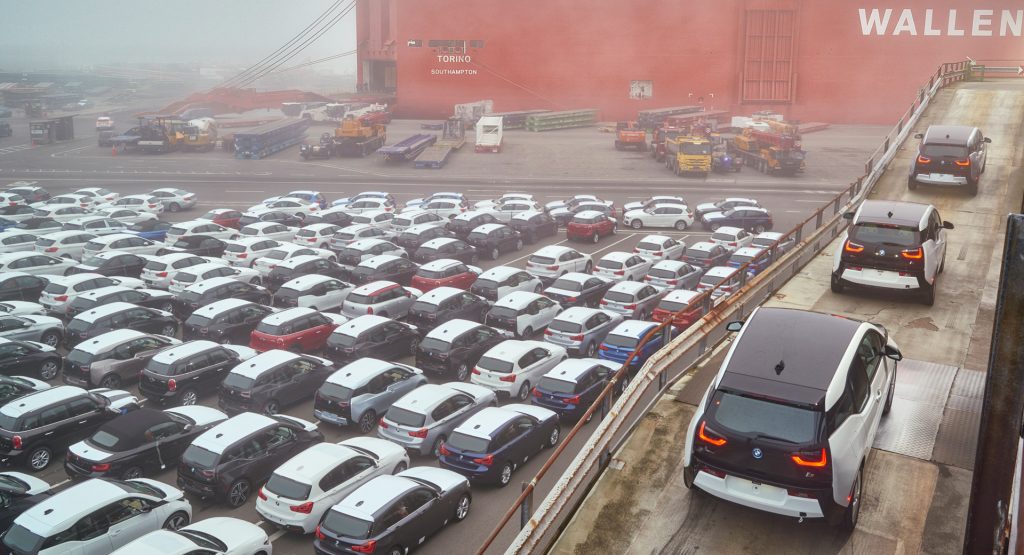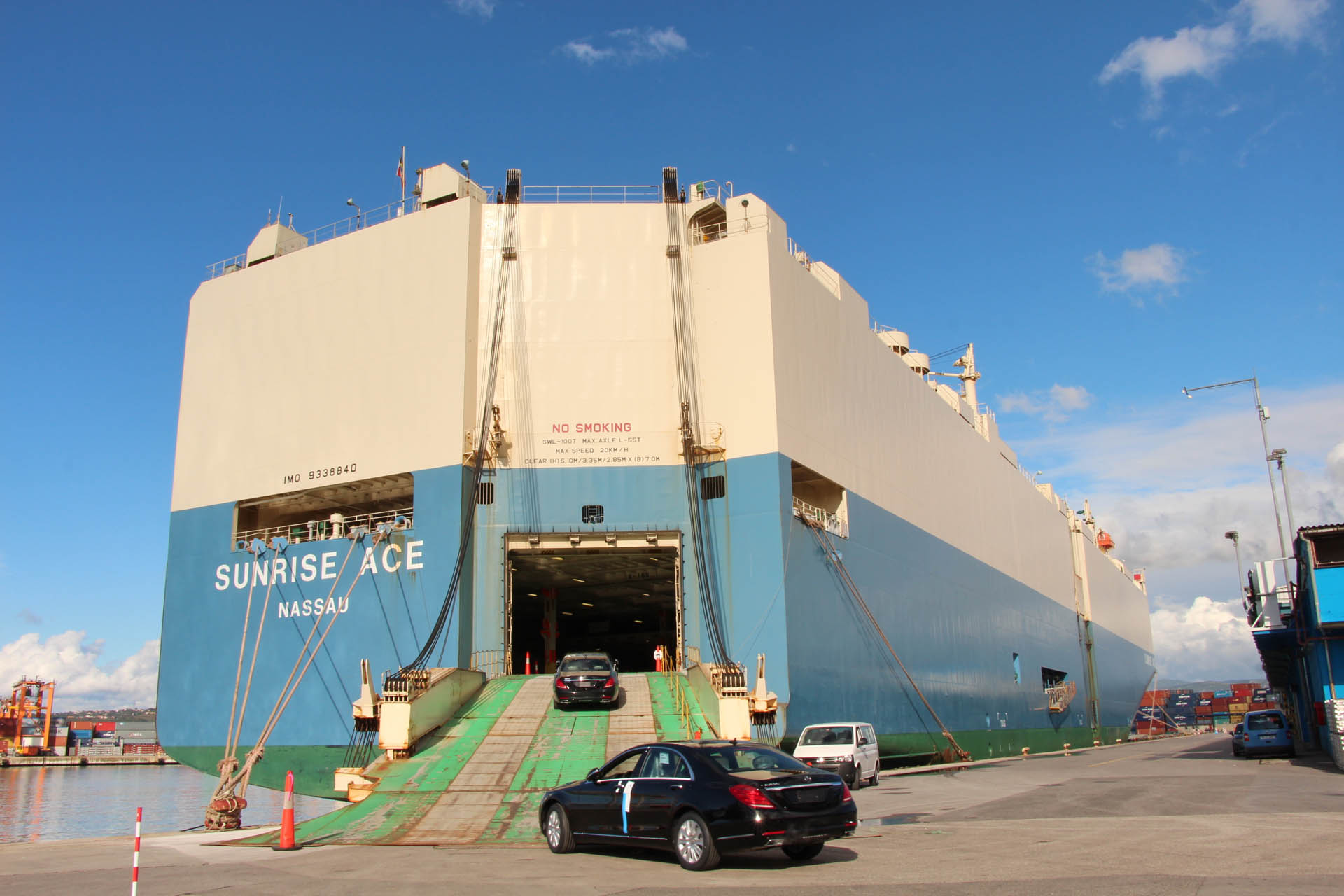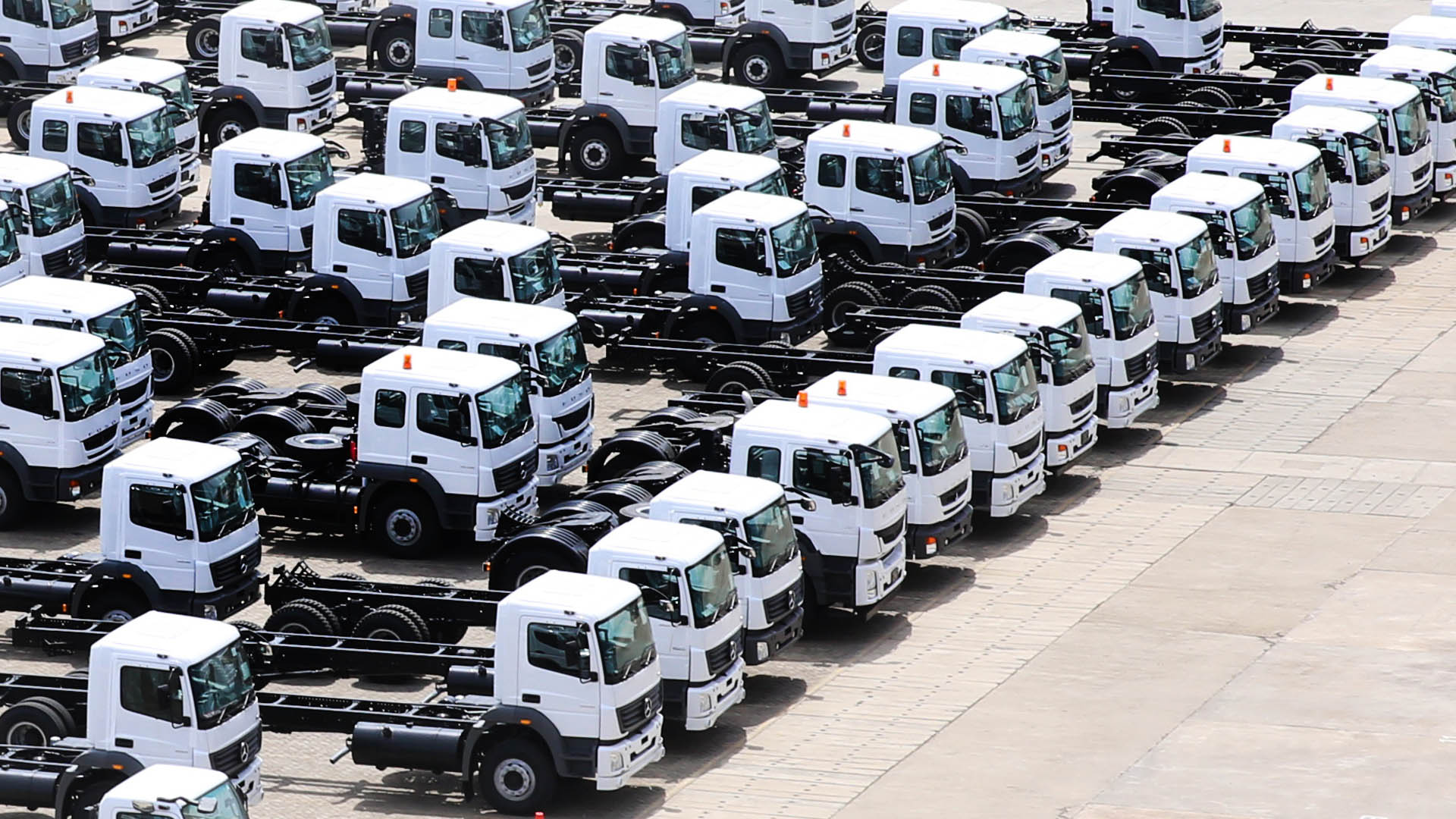The United States could be heading into a reciprocal war of trade tariffs that could affect the importation of automobiles and the raw materials that go into them.
According to The Washington Post, the situation kicked off with statements from President Donald Trump threatening to level tariffs on the import of steel and aluminum from other countries into the United States.
Foreign leaders promised that their countries would respond by imposing similar tariffs on US-made goods. Canadian Prime Minister Justin Trudeau and his foreign minister Chrystia Freeland were quoted as calling Trump’s proposal “absolutely unacceptable.” Meanwhile, European Commission president Jean-Claude Juncker reportedly threatened to impose tariffs on items like Kentucky bourbon, Harley-Davidson motorcycles and Levi’s jeans.
Further escalating the war of words, Trump took to Twitter threatening to increase tariffs on cars imported from Europe. While the European Union places a 10-percent tariff on imported cars, the US charges 2.5 percent on cars but 25 percent on trucks and other commercial vehicles.

That oft-maligned “chicken tax” stemmed from a previous tariff war between the US and Europe. Mercedes-Benz, for one, gets around it by “knocking down” completed Sprinter vans in Germany and re-assembling them in the US, but it’s now working on a complete assembly line for the new vans in South Carolina.
German automakers stand as large employers and producers of automobiles in the US – especially in southern “right to work” (anti-union) states. BMW’s factory (also in South Carolina) is, by value, the largest exporter of automobiles from the US. Volkswagen operates a large plant in Tennessee, and Mercedes runs another in Alabama. Their output, however, would not be subject to import tariffs any more than GM or Ford vehicles made in Michigan would.
Aside from their US production, however, German automakers exported some $23 billion worth of cars to the US in 2016, according to data compiled by MIT and cited by The Post. Far more, in short, than the cars US automakers sold in Germany. Trump has threatened to increase tariffs on European-made cars to 35 percent in order to even the proverbial playing field.






